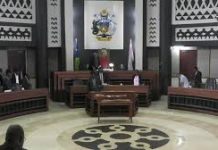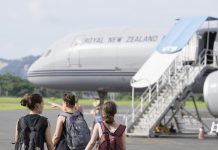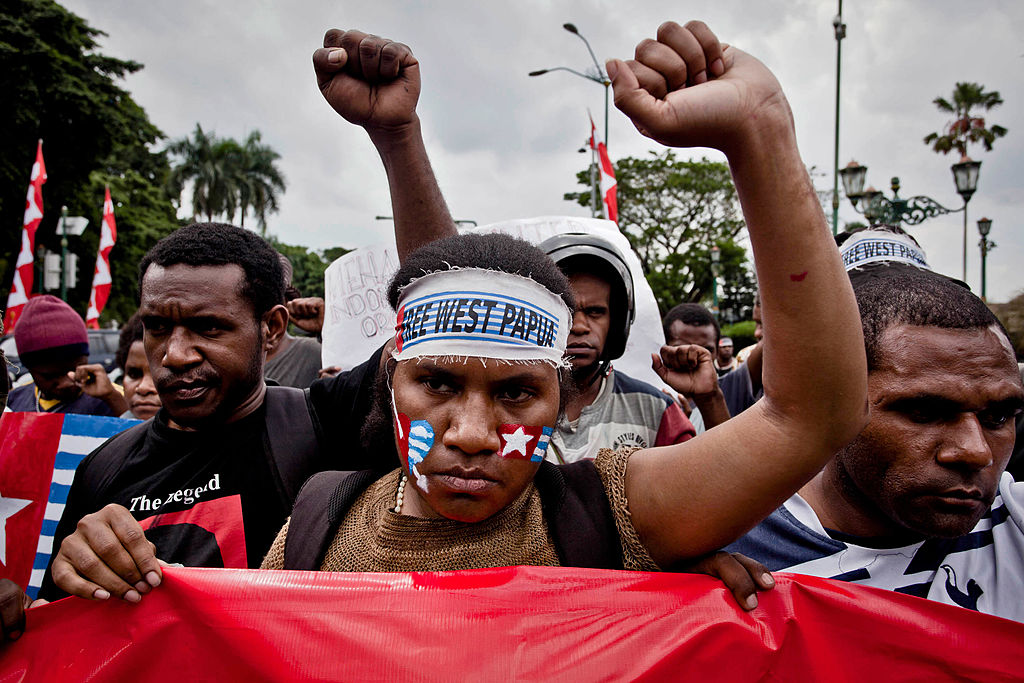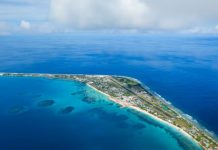The United Kingdom’s commitments to upholding human rights came under question on Monday over the West Papua issue, resulting in a heated exchange between a government representative and five members of the House of Lords in the Upper Chamber of the British Parliament.
The exchange occurred after Minister of State for the United Nations, Lord Tariq Ahmad of Wimbledon responded to a question posed by Lord Harries of Pentregarth on what progress had been made in obtaining access to West Papua for the UN’s High Commissioner for Human Rights.
Lord Ahmad said the UK government welcomed recent engagements between the UN and Indonesia to meet the recommendations of a Universal Periodic Review, calling for the UN to access and review the human rights situation in West Papua.
He said Indonesia was an important bilateral partner.
“We recognise that a significant amount of time has passed since the visit was first proposed, but we hope that both parties can come together to agree dates very soon,” Lord Ahmad said.
The statement was unsatisfactory for Lord Harries, who pointed out that the UK was not among the eight countries who had endorsed the universal periodic review, and demanded clarity on where the UK stood.
“He (Lord Ahmad) mentioned the universal periodic review of Indonesia. He will know that, at that review, a number of major countries, including the United States, Australia and Canada, called for an intervention from the UN in Indonesia and an immediate visit by the UN High Commissioner for Human Rights,” Lord Harries said.
“It is not at all clear that the United Kingdom was among those supporting that call. Perhaps the Minister will be able to enlighten us.”
Lord Ahmad acknowledged a visit by the UN human rights chief to West Papua had been “pending for a long time” but added that the conservative government supported an earlier visit.
The answer was not well received by Lord Lexden, who condemned Indonesia’s control over the region.
Thank you to Lord Harries for your tireless support, as well as Lords Lexden, Kennedy, Hannay, and Purvis.
Pressure is growing on Indonesia. They cannot ignore the international call for a UN visit any longer @MsgSecretariat @ForumSEC @UNHumanRights pic.twitter.com/hjlLxXLDN9— Benny Wenda (@BennyWenda) April 18, 2023
“Is it not clear that this small country is suffering grievously under a colonial oppressor,” Lord Lexden said.
“Indonesia, which is busily exploiting the country’s rich mineral resources and extensive forests in its own interests? Will the Government do all in their power, in conjunction with Commonwealth partners in the region, to get the UN to act and to act decisively?”
Lord Hanny of Chiswick, Lord Kennedy of Southwark and Lord Purvis of Tweed shared their frustrations, describing the details of human right reports on West Papua and pressing Lord Ahmad on why the UK was not among 8 countries that endorsed the Universal Periodic Review.
“It is over a year since the UN special rapporteur’s allegations of extrajudicial killings, enforced disappearances, and the forced displacement of thousands of indigenous Papuans,” Lord Kennedy said.
“What is the point of the Foreign Office highlighting human rights concerns if it does nothing about them in its negotiations with the country in question?,” Lord Purvis said.
“Why the UK does not seem to have been part of that group of eight countries that pressed for an early visit by the High Commissioner for Human Rights?” Lord Hannay of Chiswick said.
“It is surely reasonable to ask a democratic country such as Indonesia to admit the high commissioner to look into abuses of human rights. That is what it should do, and I hope that we will press that strongly,” Lord Hannay added.
Lord Ahmad said he had spoken to the High Commissioner of Rights about the situation, and acknowledged that a visit was overdue.
He said, the alleged human rights abuses, are regularly brought up in bilateral talks between Indonesia and the UK.
“My Lords, I assure the noble Lord that we engage with them quite regularly,” he said.
“As I said earlier, Indonesia is an important bilateral and regional partner with which we engage widely on a range of issues of peace, conflict and stability in and across the region; it is a key partner.
“In all our meetings, we raise human rights in the broad range of issues, and we are seeing some progress in Indonesia, including on freedom of religion or belief,” he added.
SOURCE: RNZ PACIFIC/PACNEWS














